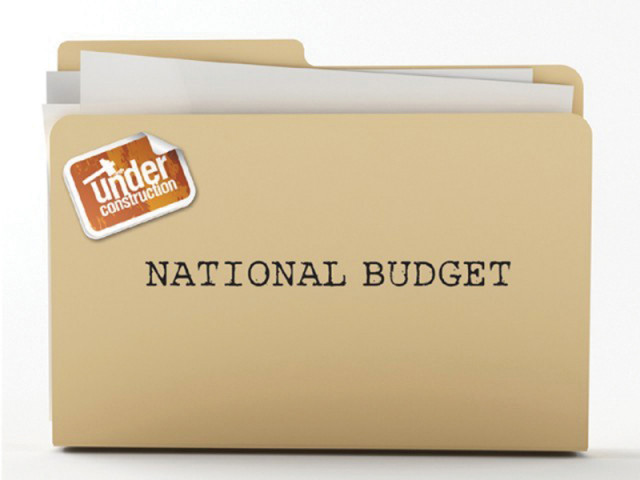Experts decry government’s misplaced priorities in budget planning
Economists at Sindh Express forum propose changes to the budget plans for the next fiscal year.

Sindh Abadgar Board's general secretary Mehmood Nawaz Shah suggested to increase agriculture credit along with providing crop insurance.CREATIVE COMMONS
As the Sindh government finalises its draft budget proposals for the fiscal year 2014-15, stakeholders decry the lack of consultation in the process.
Participants at a discussion forum organised by The Sindh Express on Friday also pointed out the issues of embezzlement, misplaced priorities and failure to utilise the budget allocations. "The budget proposal-making process not only starts late in February [four months before it is tabled in the assembly], the people and organisations that matter are seldom taken on board," said Dr Riaz Ahmed Shaikh, head of the social sciences department at the Shaheed Zulfikar Ali Bhutto Institute of Science and Technology.
He lamented that the practice of engaging higher education institutions for budgeting and development planning is not followed. "The provincial government is not employing innovative ways to plan the budget and development schemes," he said. "It continues to depend on the outdated, faulty and corrupt bureaucratic machinery for both purposes."
Dr Shaikh was particularly critical of the way youth development was being overlooked in the province. He cited the eight-year project of Sindh Technical Education and Vocational Training Authority, under which 500,000 youngsters were to be trained in technical skills. "Almost half of the targeted youth have been trained by now," he revealed. "We have yet to see any impact of this skilled workforce on the economy," he observed.
Prof Mushtaq Mirani of Mehran University of Engineering and Technology emphasised the need to audit the special development packages. "The Pakistan Peoples Party had announced a Rs1.2 billion package for Thatta and Sajjawal," he recalled. "But, the project office has been established in a bungalow in DHA, Karachi," he revealed, expressing apprehensions over the rightful utilisation of the allocation.
Prof Mirani also criticised the style of governance in Sindh, accusing the PPP of replacing progressive governance with feudal dynasties. "Corruption, wrong priorities and mismanagement are reported in the media on a regular basis," he said. "The problem is that the government is not listening to us."
According to Prof Mirani, the budget will not reap fruition unless the government prioritises development, plugs leakages in expenditure and ensures timely completion of the projects.
Focus of agriculture
Sindh Abadgar Board's general secretary Mehmood Nawaz Shah suggested to increase agriculture credit along with providing crop insurance, computerisation of revenue records and setting up a crop price fixation commission. He also emphasised the need to earmark funds for drip and sprinkler irrigation techniques and lining the irrigation network to preserve water and increase the crop output.
"Instead of wasting money on the schemes such as the Benazir Income Support Programme, the government should spend on training and financing agriculturists and livestock farmers," he proposed.
He said that the best way to boost the agricultural economy was to finance the small and medium farmers through easy loans. Shah opposed the levy of agriculture tax, arguing that it will only affect the small and medium farmers.
Dr Suleman Abro, head of the non-profit Sindh Agriculture and Forestry Workers Organisation, said that a large part of the agriculture budget was spent on procurement of machinery. He lamented that the provincial government had failed to build roads in the rural areas which could help farmers get access to markets. Dr Abro added that Sindh's arid zones were completely neglected and that the government was continuing to neglect the problem of drinking water in these areas.
Zulfiqar Halepoto, a researcher and social activist, suggested rationalising the non-development budget to allocate more funds for development. He regretted the government's inability to utilise budget allocations, referring to an audit report submitted in the Sindh Assembly earlier this month which showed only 60 per cent utilisation in 10 months.
Published in The Express Tribune, June 1st, 2014.



















COMMENTS
Comments are moderated and generally will be posted if they are on-topic and not abusive.
For more information, please see our Comments FAQ